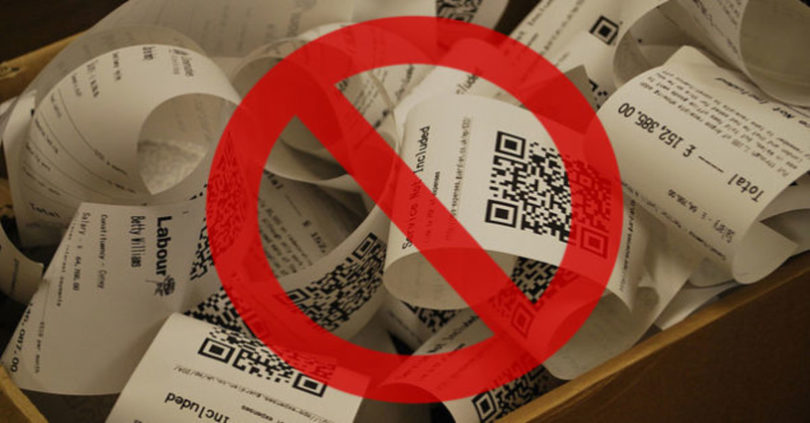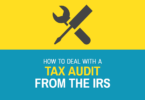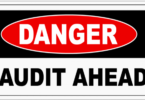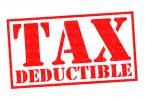Receipts are critical to good bookkeeping and tax returns. But if you can’t find one, contrary to popular belief, you are not out of luck…
Remember the Cohan Rule, from a still good today tax case called Cohan v. Commissioner. George M. Cohan was a Broadway pioneer with hits like “Give My Regards to Broadway” and “Yankee Doodle Boy.” His statue still commands Times Square if you look amid all the hubbub.
In the 1920s, the IRS disallowed Cohan’s (very large) travel and entertainment expenses for lack of receipts. He was a flashy guy and tended to pay in cash. And he wasn’t going to take no for an answer. So when the IRS denied all his deductions, he took the IRS to court. Receipts being the stock in trade of the tax system, the trial court upheld the IRS. Again, Mr. Cohan wouldn’t take no for an answer and appealed to the Second Circuit.
In 1930, the Appeals Court rocked the IRS back on its heels with the Cohan Rule. To this day, it is as an exception to stringent IRS record-keeping requirements. It allows taxpayers to prove by “other credible evidence” they actually incurred deductible expenses. Mr. Cohan testified that he paid in cash, and others too remembered big dinners. Of course, this is a tough way to prove expenses. Not surprisingly, the Cohan Rule often doesn’t impress the IRS.
You may have to go to court, and the argument doesn’t always work there either. Still, the IRS or a court may be convinced by oral or written statements or other supporting evidence. If you get over that hurdle and can make a reasonable approximation of the expenses, you may be OK despite your lack of documentation. Even charitable contributions have been allowed under the Cohan Rule, though not in cases subject to special strict substantiation requirements.
The Cohan case is law, and is followed by the IRS and the U.S. Tax Court.
Examples Of Using The Cohan Rule:
A mileage log can be recreated if the basis for it is reasonable – a calendar, for example, showing appointments. Ever hear of a realtor who sells houses without travel? A reasonable basis exists for the expense. A realtor would make a log book from a review of her calendar showing open houses, supplemented by an affidavit providing an overview of how business is conducted.
For a flooring contractor to his subs, for example – labor expenses can be proven by recreating the jobs performed and the manpower used. Carpet and flooring does not get laid by itself – a statement as to how the business was conducted supports the expenses. No receipts, but there is a basis to recreate and prove the expense.
In many cases, your testimony is valuable support for the reconstructed evidence. In IRS audits, your testimony can be given in the form of an affidavit (a sworn written statement) of facts reciting how you paid the money.
Audit Reconsideration For Missing Records
If your audit has already been completed and you are looking at a bill that is too high, the audit can be reopened to allow you to recreate expenses. This is called audit reconsideration.
The Cohan rule, as it is known, is almost 70 years old, but it has withstood the test of time. The decision still stands – direct records are not needed to verify an IRS expense deduction. If you can reconstruct the evidence, you can use that to make an reasonable estimate for the deduction.
You are not a professional record-keeper. Fortunately, thanks to the Cohan rule, you can overcome holes in your recordkeeping.
Article references:
https://www.forbes.com/sites/robertwood/2015/02/02/receipts-rule-irs-keeps-quiet-theyre-optional/#406d539616a2
http://howardlevyirslawyer.com/2009/11/09/irs-audits-how-can-you-prove-expenses-without-receipts/




